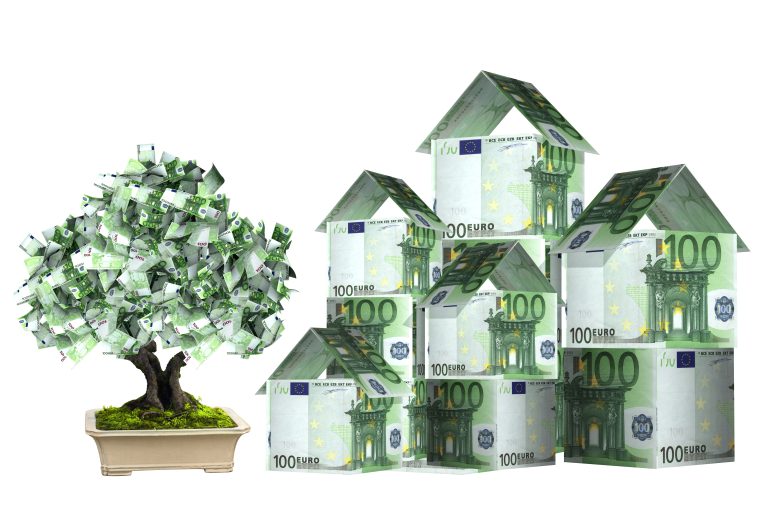Netherlands house rental prices are set to accelerate this year to a pace not seen in many years. The soaring rentals are choking affordability and crippling many lives. In 2022, housing rental prices were up by 3% on average compared to the previous year, the steepest rise since 2014. These figures and data have been released straight from the horse’s mouth, Statistics Netherlands (CBS).
The authority examined both the prices in the private sector and those in social housing. Rent in the former category rose 3.8 percent whereas residents of social housing shelled out an average of 2.6 percent more. The figures certainly are worrisome and clearly raising rental price development concerns, with or without a change of residents. Landlords are bound to increase the rent with every new tenant. The figures show the average rent increase due to change of residents. Of the four large municipalities, rents in Amsterdam topped the list with a rise of 3.6%, followed by Utrecht with 3.5%, the slowest being Friesland at 2.5%. The tenant association Woonbond is worried about inflation, as higher rent is accompanied by higher energy bills. These figures are making it clear that housing is quickly becoming unaffordable for tenants.
Extending some relief over the mounted tension, Housing Minister Hugo de Jonge announced that over 500,000 renting households with low incomes and highs rent can expect a rent reduction in 2024. But these assurances are not convincing for Woonbond: it is demanding immediate implementation of the announcement made by the minister. It also advocates that these rent reductions should also be applied in the commercial sector as well. Furthermore, it argues that the cabinet should intercede to prevent tenants from paying high rents due to poorly insulated homes. For instance, single glazing should be considered a defect, as these windows let in a lot of cold air, making it difficult to heat your home. This will ensure that the replacement costs of single glazing is borne by the landlord. If the landlord turns a blind eye to this obligation, rent reduction is the only way out until the inefficient windows are replaced.
On contrary, as per Rabobank, home prices are expected to fall by 3% this year and by another 1.5 % in 2024. Despite the fall, the bank does not see houses become more affordable in general. The ever-increasing interest rate is surely breaking the back of the common man. Therefore, it is apparent that higher interest rates are crimping affordability, especially for first-time buyers. Interest rates have an overpowering effect on the value of residential properties; it determines the cost of a loan. Still, the extremely heated market seen in the last decade seems to be cooling down, making the housing supply larger, and thus providing more choices for the buyers. According to the chairman of NVM, the Dutch estate agents’ association: “The average house price is still over 400,000 euros. Then you have to earn quite a lot and with the increased mortgage interest, the monthly costs are so high that it is becoming increasingly difficult for starters.”
The Amsterdam region experienced a major fall in house prices, of more than 9%. There are also regions where the prices rocketed. South Limburg and Twente are still experiencing rising prices. The prices even rose by 15% in Delfzijl (northern Groningen) and surrounding areas. However, economists forecast that demand is going to decrease in the housing market. High energy and food prices pushed Dutch inflation to 5.7%, meaning people have less money to spend on a new home. All these factors are leading to an additional drop in demand.
However, the NVM has some more fresh challenges: demand in the country is expected to rise by more than 900,000 houses by 2030. These still have to be built, but the high cost of land, difficulties in planning permission, energy-efficient building, and inflated prices of raw materials means developers are procrastinating or even cancelling projects.
Written by Parul Sachdeva
